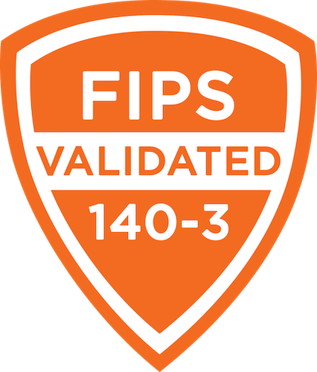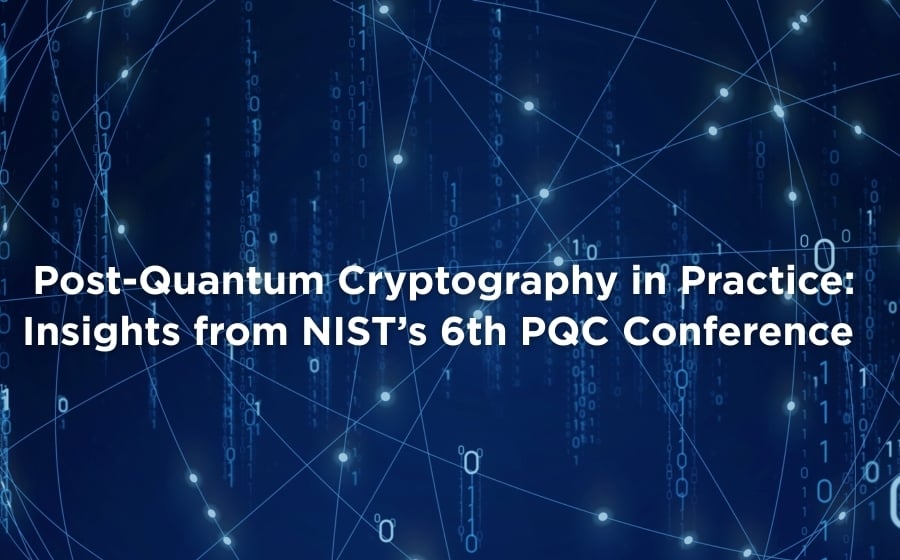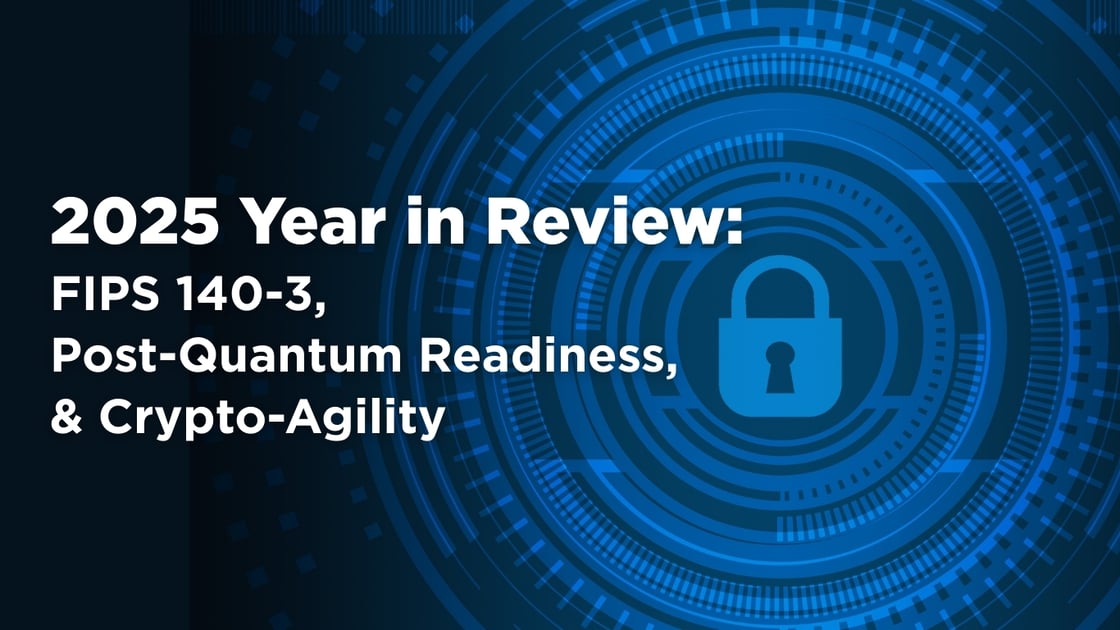Important News:SafeLogic Announces CryptoComply Go v4.0 with Comprehensive PQC Capabilities!! Read the announcement.
Cryptography Compliance
How FIPS 140 and Emerging PQC Standards Shape Key Compliance Programs
Cryptography Compliance Programs
Meeting evolving security standards is essential for technology providers working with government agencies and regulated industries. Programs like CMMC, CNSA 2.0, Common Criteria, DoDIN APL, FedRAMP, and GovRAMP define strict frameworks for protecting sensitive and classified data.
Many of these programs require FIPS 140-validated cryptography, the U.S. government’s benchmark for encryption modules. Others, such as CNSA 2.0, emphasize adoption of quantum-resistant algorithms approved by the NSA and NIST.
Explore how encryption standards—both current and future-facing—fit into today’s most important compliance frameworks.

FIPS 140 Validation
FIPS 140 is the U.S. government’s standard for validating cryptographic modules used in secure systems. It’s a core requirement across public sector frameworks—including CMMC 2.0, Common Criteria, DoDIN APL, FedRAMP, and GovRAMP.
Organizations selling to government agencies must use FIPS 140-validated cryptography to meet procurement and compliance expectations.
All FIPS 140-2 certifications must transition to FIPS 140-3 by September 21, 2026. After that date, 140-2 modules will no longer be considered compliant by government buyers. Delaying revalidation could jeopardize eligibility for federal contracts and put ongoing procurements at risk.
CMMC 2.0 Compliance
The Cybersecurity Maturity Model Certification (CMMC) 2.0 is a framework developed by the U.S. Department of Defense to strengthen the security of Controlled Unclassified Information (CUI) and Federal Contract Information (FCI) within the defense supply chain. CMMC 2.0 simplifies the model into three levels of cybersecurity requirements.
Encryption plays a key role at Levels 2 and 3 of CMMC 2.0, where organizations must use FIPS 140 validated cryptographic modules to protect sensitive data in storage and in transit. FIPS 140 validation ensures cryptography meets rigorous federal standards for safeguarding information.
CNSA 2.0 Compliance
CNSA 2.0 (Commercial National Security Algorithm Suite 2.0) defines the NSA’s approved set of quantum-resistant algorithms for use in National Security Systems (NSS). It includes AES-256, SHA-384/512, ML-KEM, and ML-DSA, with required adoption timelines extending through 2031 and full compliance expected by 2035.
CNSA 2.0 builds on NIST standards and mandates crypto-agile, post-quantum cryptography for protecting classified data and national security functions. Organizations supporting NSS must transition to approved CNSA 2.0 algorithms as validated solutions become available.
Common Criteria Compliance
Common Criteria (ISO 15408) is an internationally recognized framework for evaluating the security features of IT products. Certification assures buyers that products meet rigorous standards for use in government and other highly regulated sectors.
FIPS 140 and Common Criteria serve complementary roles: while Common Criteria assesses the overall security of IT products, FIPS 140 focuses specifically on validating cryptographic modules. In the U.S., Common Criteria certification typically requires that cryptography in the product be NIST-validated, making FIPS 140 validation a critical step in the certification process.
DoDIN APL Compliance
The Department of Defense Information Network Approved Products List (DoDIN APL) is the official list of technology products authorized for use within the U.S. military’s network infrastructure. Inclusion on the DoDIN APL confirms that a product meets the Department of Defense’s strict security and interoperability requirements.
For products that use cryptographic software, such as network devices, firewalls, and cybersecurity tools, FIPS 140 validation is an essential part of the security assessment. FIPS 140 ensures that cryptographic components meet U.S. government standards for protecting sensitive data and is typically required for products seeking DoDIN APL listing.
FedRAMP Compliance
FedRAMP (Federal Risk and Authorization Management Program) provides a standardized security framework for cloud service providers offering solutions to federal agencies. It helps streamline the adoption of secure, cost-effective cloud technologies across the U.S. government.
FedRAMP security controls are based on NIST SP 800-53, and encryption requirements reference FIPS 140 standards. Cloud solutions must use FIPS 140 validated cryptographic modules for key management, cryptographic protection, and authentication to meet FedRAMP authorization requirements.
GovRAMP Compliance
GovRAMP is a security framework that standardizes cloud security practices for state and local governments, modeled after the federal FedRAMP program. It provides a consistent approach for assessing and managing cybersecurity risk in cloud services.
Like FedRAMP, GovRAMP relies on NIST SP 800-53 controls and requires the use of FIPS 140 validated cryptographic modules for encryption, key management, and authentication. FIPS 140 validation ensures that cryptography in cloud solutions meets rigorous government standards for protecting sensitive data.
Post-Quantum Cryptography (PQC) Compliance
As quantum computing progresses, U.S. federal mandates now require agencies to begin migrating to quantum-resistant cryptographic algorithms. NSM-10, OMB M-23-02, and the Quantum Cybersecurity Preparedness Act collectively set timelines for identifying vulnerable systems and deploying post-quantum solutions.
NIST finalized three PQC standards in August 2024—ML-KEM, ML-DSA, and SLH-DSA—triggering updates to FIPS 140-3 validation procedures. Hybrid approaches combining traditional and PQC algorithms are now supported, while CNSA 2.0 outlines additional requirements for national security systems.













%20is%20Now%20a%20Competitive%20Advantage%20for%20Tech%20Vendors%20(Website).png?height=630&name=Why%20Post-Quantum%20Cryptography%20(PQC)%20is%20Now%20a%20Competitive%20Advantage%20for%20Tech%20Vendors%20(Website).png)

